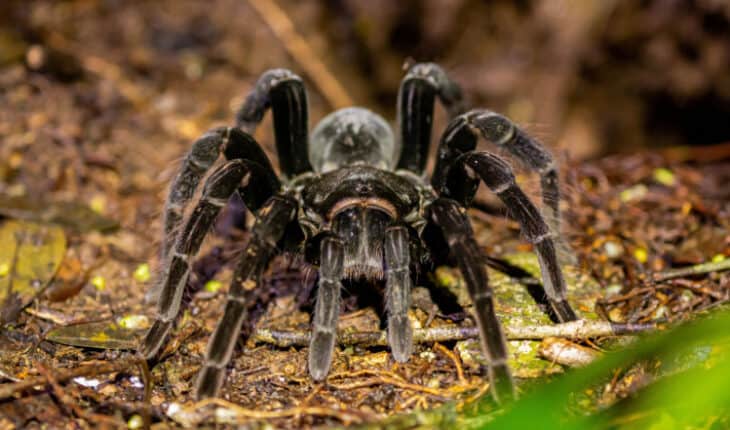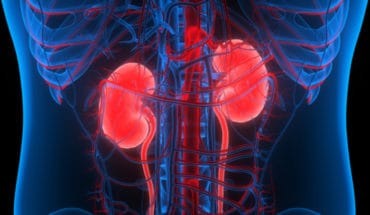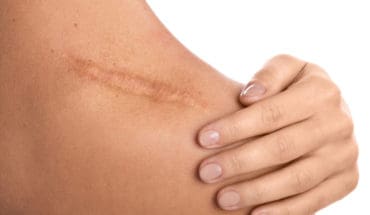Spider venom for MND research receives funding: Research using venom from a rare tarantula is one of two University of Queensland projects which have received funding to develop treatments for motor neurone disease (MND).
Dr Fernanda Cardoso from UQ’s Institute for Molecular Bioscience is making a difference for MND patients with funding from the US Department of Defense, announced today on Global MND Awareness Day.
Dr Cardoso is harnessing a molecule from the Peruvian green velvet tarantula to prevent nerve degeneration that leads to progressive muscle weakness.
“The molecule ProTx-III stops the continual firing of motor neurons that occurs in MND patients and causes a toxic build-up of neurotransmitters that pass signals from neuron to neuron,” Dr Cardoso said.
“Along with Dr Jean Giacomotto from Griffith University, we demonstrated the molecule prevented nerve degeneration in a zebrafish model of MND and can now conduct further testing and progress toward clinical trials.
“We’re hopeful that with a little help from a tarantula, we can slow down the impact of this devastating disease.”
The second UQ research project awarded a US Department of Defense grant is tackling MND from a different angle, using PET scanning to better understand the disease.
Honorary Professor Michael O’Sullivan, a practicing neurologist, said it’s currently difficult to clearly diagnose the disease and measure its progression, which varies greatly among patients.
“Our project is a world-first pilot study in MND patients that uses a new form of dye that binds to a molecule involved in mopping up neurotransmitters in the brain and spinal cord,” Professor O’Sullivan said.
“The dye, developed by Rio Pharmaceuticals, will show different spatial patterns that we can track over time and help tell us what the future might look like for patients so we can better target their therapies.
“We’re looking at testing 35 people with amyotrophic lateral sclerosis, the most common adult-onset form of MND with an average survival of just 3 years.”
Both studies are in collaboration with neurologists Dr Robert Henderson and Professor Pamela McCombe at the Royal Brisbane and Women’s Hospital and are affiliated with the Centre for Clinical Research at The University of Queensland.
Dr Cardoso also collaborated with Associate Professor Mark Bellingham from UQ’s School of Biomedical Sciences.
Dr Cardoso and Professor O’Sullivan were awarded US Department of Defense grants from the Amyotrophic Lateral Sclerosis Research Program.
- Gut microbiome could delay onset of type 1 diabetes - 3rd April 2025
- The da Vinci 5 Robot Is Set To Transform Bariatric Care: - 31st March 2025
- Beyond money: the hidden drivers fuelling child food insecurity - 31st March 2025






